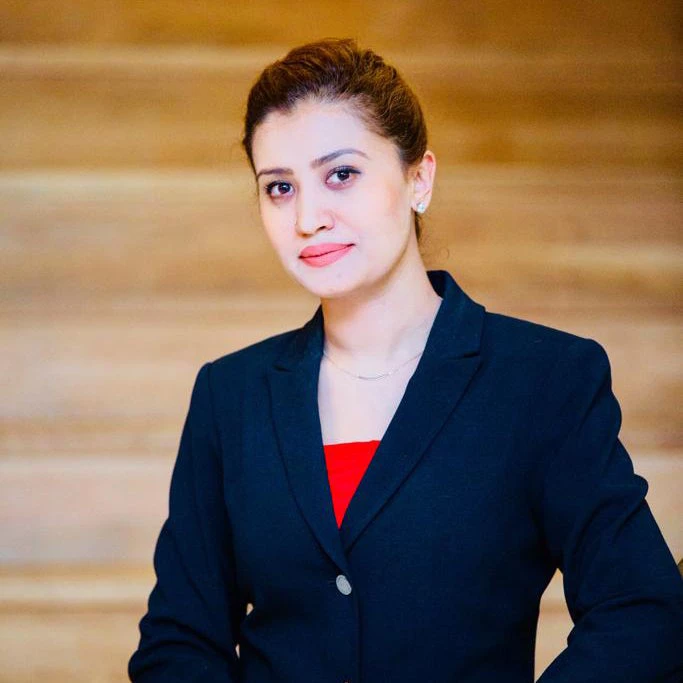
“There is power in not being alone,”
Demetrios Papathanasiou - Practice Manager, South Asia Energy Unit at The World Bank
The number of women working in the energy and power sector in South Asia is dismally low.
Across the region, women employees represent only 3 percent to 15 percent of energy sector staff .
As for women engineers and technicians, the proportion is even lower: less than 1 to 6 percent.
To promote opportunities for women in the power and energy sectors, especially in technical roles, the World Bank and its partners recently organized the first regional conference for Women in Power Sector Network in South Asia (WePOWER).
Held in Kathmandu Nepal, the event convened more than 250 engineers and energy-sector professionals from all over South Asia and provided networking and learning opportunities to women and girls.
It’s well established that role models and networks can help overcome stereotypes and biases that contribute to the underrepresentation of women in STEM fields .
A recent study found that investing in peer networks and building up proteges as two of the six things successful women in STEM have in common.
From a personal point of view, I have learned something powerful during the event: When strong and smart women work together and are supported by men who value women’s engagement as equals, let alone in the engineering or energy sectors, something magical happens.
Women discover that they are not alone. They feel new confidence and freedom and tell their tales of challenges and successes with pride.
I am glad to be on a team that recognizes and celebrates the transformational power of female partnerships and have their hearts and efforts set on connecting and growing the regional and global network for women in the sector.
I came back home inspired and with two key takeaways from the conference:
Lesson #1: A few activities by a critical mass of stakeholders can result in transformative impacts. Here, I would like to mention some of the cumulative impacts based on the incremental activities proposed by the Strategic Partners of WePOWER. For the year 2019-20, the Strategic partners will organize 46 STEM outreach programs in schools across South Asia under Pillar 1 (STEM education); and they will provide and facilitate 103 internships across Bangladesh, India, Nepal, Pakistan, and Sri Lanka under Pillar 2 (Recruitment).
Lesson #2: The conference showed a unanimous consensus on increasing women’s participation in the energy sector and STEM education. There are abundant possibilities for collaborations between the partners; and these collaborations will eventually benefit sector institutions in acquiring and retaining the top talent they will need as their operations and customers grow.
The volume of energy managed by the Da Afghanistan Breshna Sherkat (DABS) over the next fifteen years will increase from about 5 Tera Watt-hour (TWh) in 2018 to about 12 TWh in 2032. In the same period, the number of customers is expected to grow from 1.8 million to 4.3 million. DABS is planning to hire 100 women professionals in the next two years to meet its human resource needs and increase diversity .
Two successful collaborations materialized as the stakeholders were interacting with each other during the WePOWER conference . STANTEC and NEA (Nepal Engineering Association) have formed a Women in Engineering Committee under NEA.
STANTEC and this committee will partner on several activities including outreach to high schools on STEM education, study tours, and technical talks (three proposed in 2019). Similarly, due to the success of the STEM Is for Girls! Game-based Learning Session, there are ongoing efforts to develop a similar program by local partners in Nepal with the help of WEP (Women Engineers in Pakistan).
Moving forward, we will engage the Institutional Partners, which are South Asian utilities and public-sector agencies, and collaborate with them to develop their incremental activities .
We are pleased to announce that the Second Partnership Forum for WePOWER is planned at the ADB Headquarters in Manila in November 2019.
Related Resources:
For updates on WePOWER: please join our LinkedIn Group.
Follow us on Twitter: #WePOWERSouthAsia
Watch the WePOWER Voices of Women video here, the WePOWER LinkedIn video here, and the WePOWER First Regional Conference Lessons Learned video here.


Join the Conversation